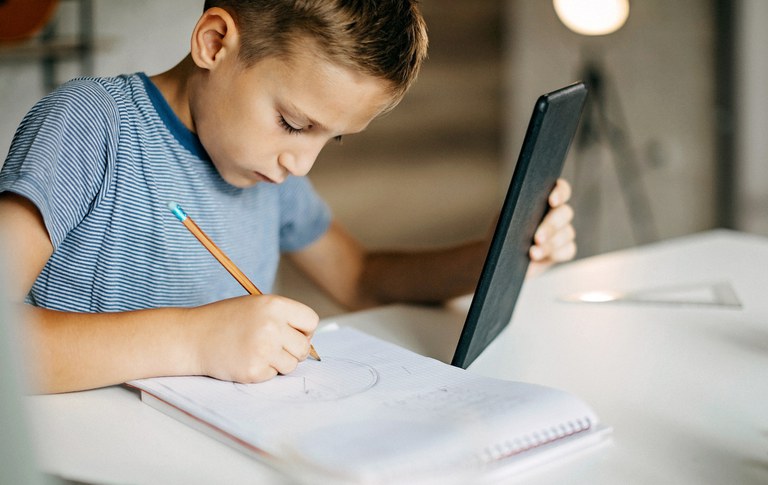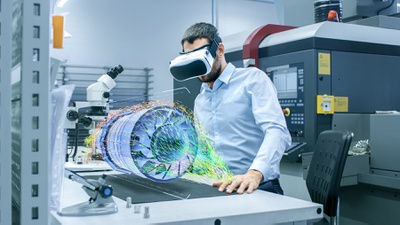
Research Fellowship "DiSco: ALICE" bei der Jacobs Foundation eingeworben
12 Oktober 2020
Dr. Sarah Hofer, Wissenschaftliche Mitarbeiterin an der Professur für Erziehungswissenschaft, mit dem Schwerpunkt: Lernen und Lehren mit Medien, hat bei der Jacobs Foundation das Research Fellowship "DiSco: ALICE" erfolgreich eingeworben und wechselt damit zum 1.10.2020 an die UniBw M.
Laufzeit: 01.01.2019 bis 31.12.2021
Förderer: Jacobs Foundation-Research Fellowship
In a time of heated debates on digitalization in education and a global call for individualized instruction, research on the potential of digital media to support individualized learning in the classroom lags behind. In a series of experiments, I will investigate which children profit from which types of digital learning support when learning fractions. I am especially interested in students with unfavorable preconditions for learning who most of all struggle with the transition from natural to rational numbers and fail to develop a sound understanding of fractions, which is vital inside and outside the classroom. Earlier work suggests that these students benefit in particular from individualized digital learning support (IDLS) that reacts to and compensates for their specific needs. This project ultimately aims at identifying design principles for IDLS that acknowledge the diverse preconditions of learners. In an initial screening phase, I plan to test a large sample of German 5th-Grade students on variables that are established preconditions for learning in the school context, such as fluid intelligence and instructional language proficiency. Based on the students’
manifestations on these variables, they will be categorized into groups with more or less favorable preconditions for learning. In the second and third year of the fellowship, I will examine how students in the different precondition groups learn with and without seven promising types of digital learning support, including automatic word recognition and attentional guidance. I will closely collaborate with mathematics educationalists and computer scientists to embed the different types of digital learning support into already existing cognitively activating learning tools, such as fraction comparison exercises or fraction visualizations, which are all part of an instructional unit on fractions. Depending on the experimental condition, the students will receive one or none of the seven types of digital learning support while learning with the tools on tablets in the Digi-Lab of the TUM School of Education. By comparing the learning outcomes with and without the different types of digital learning support in the precondition groups, I can identify which students profit from which types of IDLS. I will publish the results in the form of design principles for IDLS at the end of the three-year period. They can inform international research in the field of computer supported learning and technology industry about how to design digital learning tools that are adapted to the needs of a diverse student population. As individualized instruction demands a great deal of teachers, it is rarely realized. The results of this project, however, can help educators to deal with the growing heterogeneity in their classrooms and between different school types or ability-tracked courses.
This project can ultimately contribute to a better education for students with unfavorable preconditions worldwide.
Bildquelle: © iStockphoto / eclipse_images






